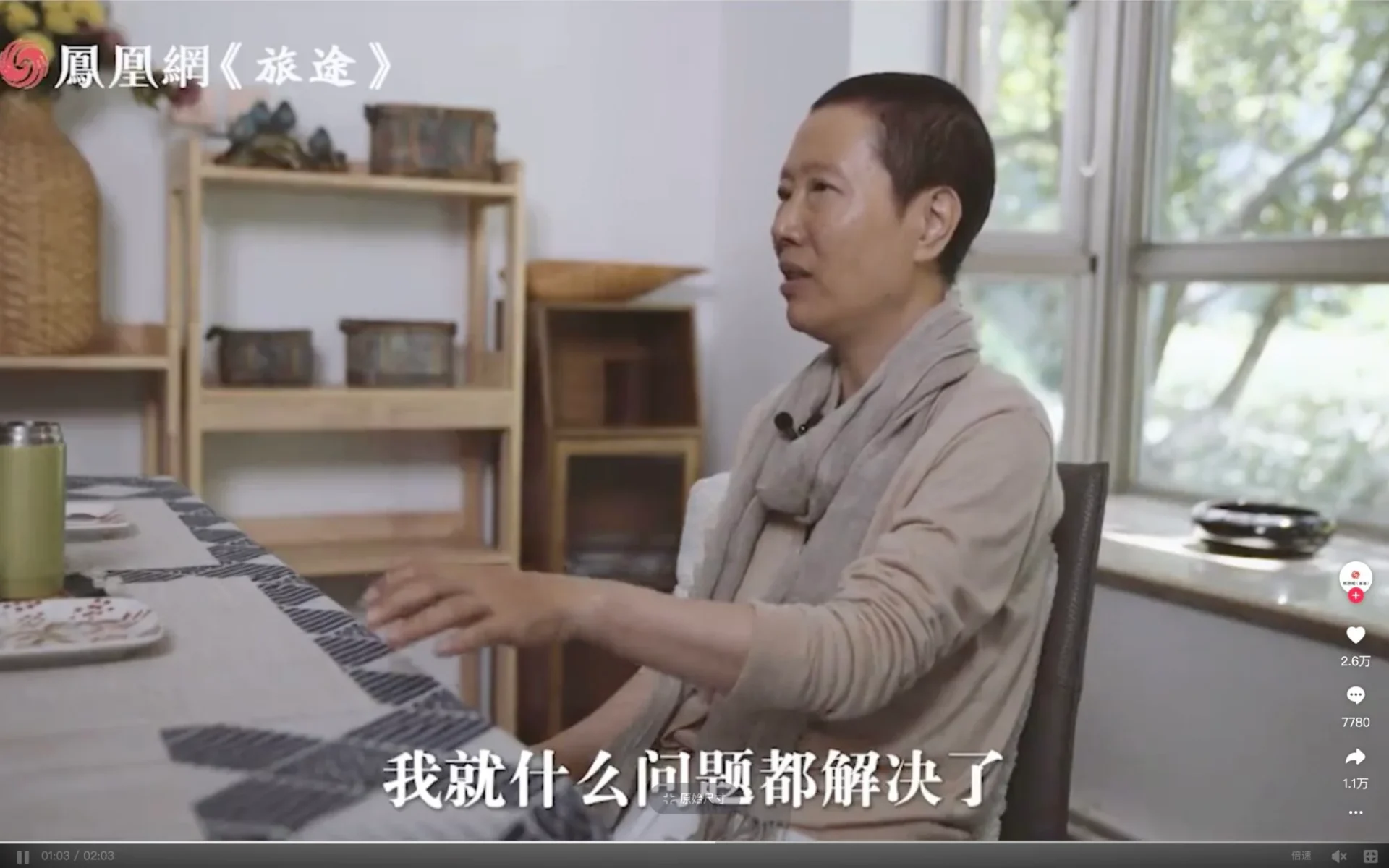Prominent Chinese financial columnist and commentator, Ye Tan, who recently underwent treatment for late-stage breast cancer, has shared profound reflections and advice for younger generations, particularly those opting not to have children. Ye, 50, reappeared in public life after a year’s absence due to her illness. Having now received the news that her body shows no detectable cancer cells, she shared her experiences and thoughts in an interview with ifeng.com.
Ye opened up about her choice to remain childless, a decision she had seriously questioned during her struggle with cancer. Being gravely ill prompted her to contemplate the possible ramifications of her choice, causing her to experience pangs of regret. “I was asking myself if I made the wrong decision. I worked so hard in my job, but it seemed that my life was not as good as that of others with a child,” she confessed. Her state of weakness and illness had made her introspective and self-doubting, contrasting her condition with those who had children and were seemingly content.
In the medical facility, Ye observed how children provided an emotional crutch for other patients and for the caretakers she had hired. Their children were their “spiritual pillars”. The joy in their eyes when they spoke of their children’s support was a poignant reminder of what she was missing. Yet, Ye stated she found solace and managed to reconcile her mixed emotions. “I can seek other spiritual support, like Buddhism. Finally, I realised that life without a child is not necessarily bad,” she asserted.
She went on to explain that her true source of happiness was her work and she felt the responsibility of raising a child, dealing with daily chores and trivialities would be unpalatable for her. Therefore, if she had become a mother, she would not have met societal expectations of responsibility.
Nevertheless, with China’s declining birth rate, Ye underscored the importance of considering the potential implications of not having children. She stressed that young people must not only prepare psychologically for future pressures from society and their inner selves but also ensure adequate financial provisions for later years when they might face health issues alone. “When you age and you are sick, no one looks after you by your bedside. What’s more, you do not have much money. What can you do then?” she questioned.
Prior to her cancer diagnosis, Ye confessed she was a workaholic, typically working over ten hours per day and neglecting her health while managing her company. Her candid interview, which garnered 10 million views on Douyin, sparked intense debate regarding the necessity of procreation.
Opinions varied significantly, with some advocating for having children as a “continuation of life,” an “inheritance,” and a “social responsibility.” Others expressed remorse for their child-free choices. Yet, a few countered these views, expressing satisfaction in their decision to remain child-free, or emphasizing the importance of financial security over children in old age.
Ye’s journey and reflections present a critical perspective in a changing society where traditional family norms are being reevaluated and personal choices take center stage. Her experience provides food for thought, especially for those navigating similar life choices.
READ MORE:
